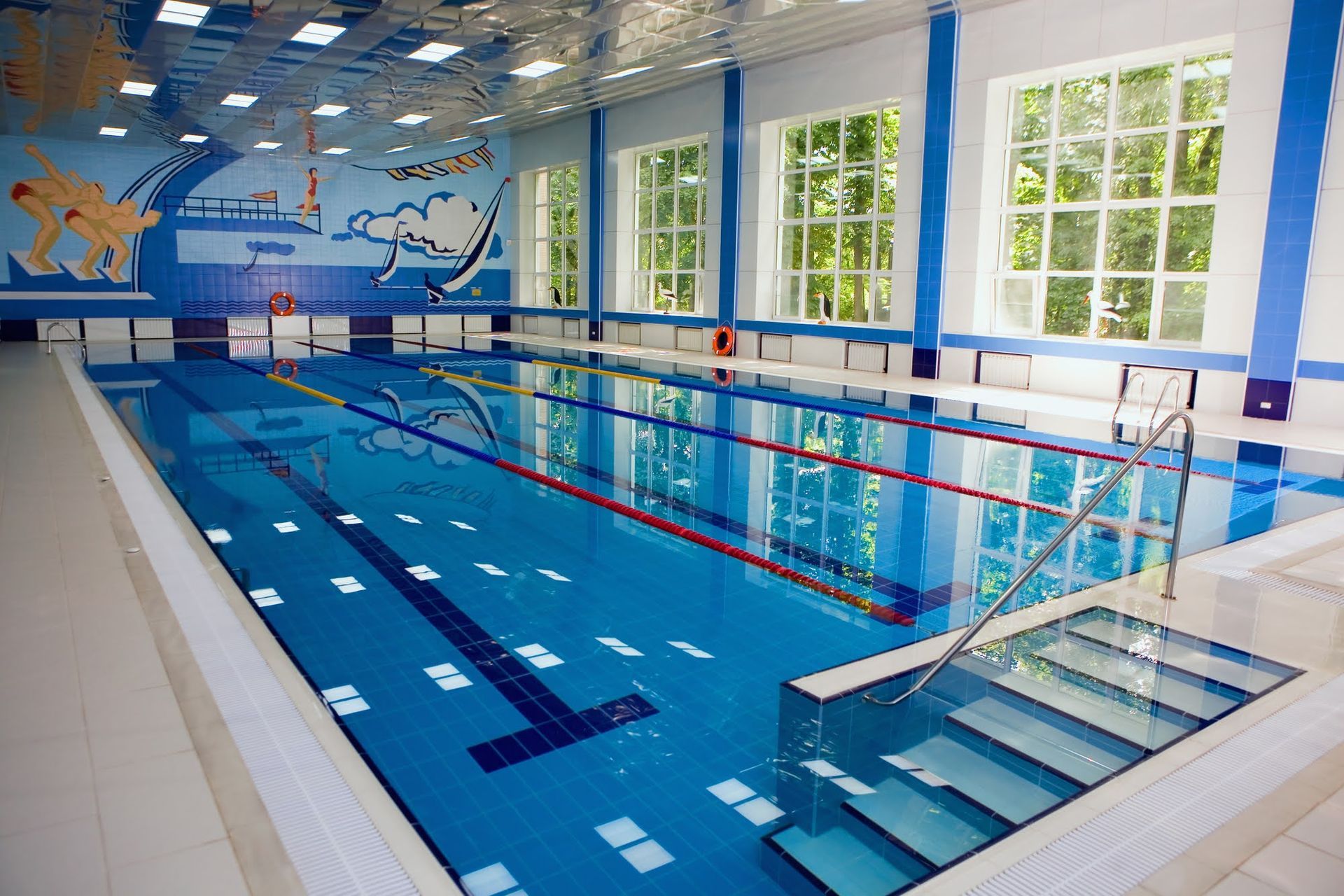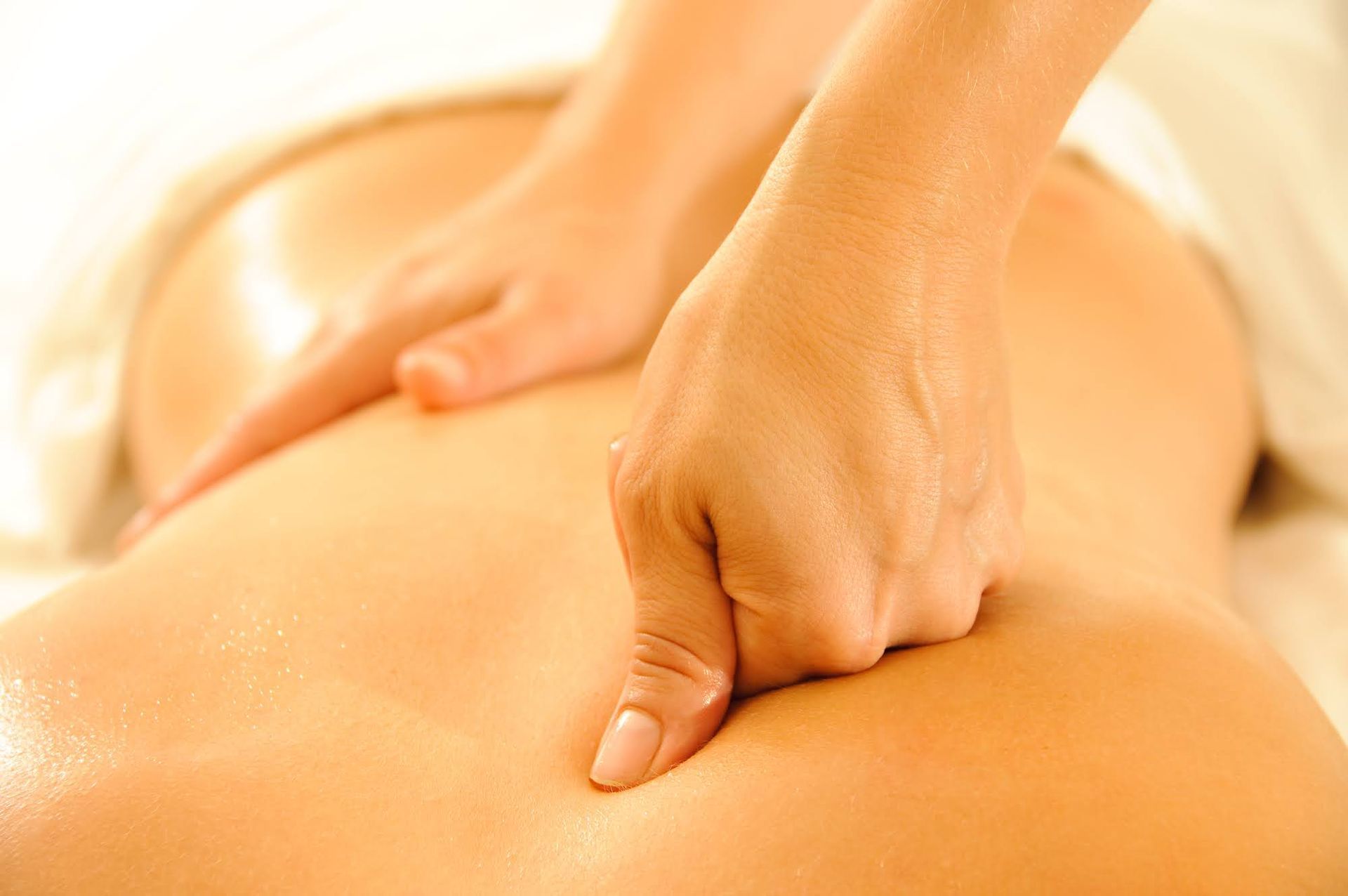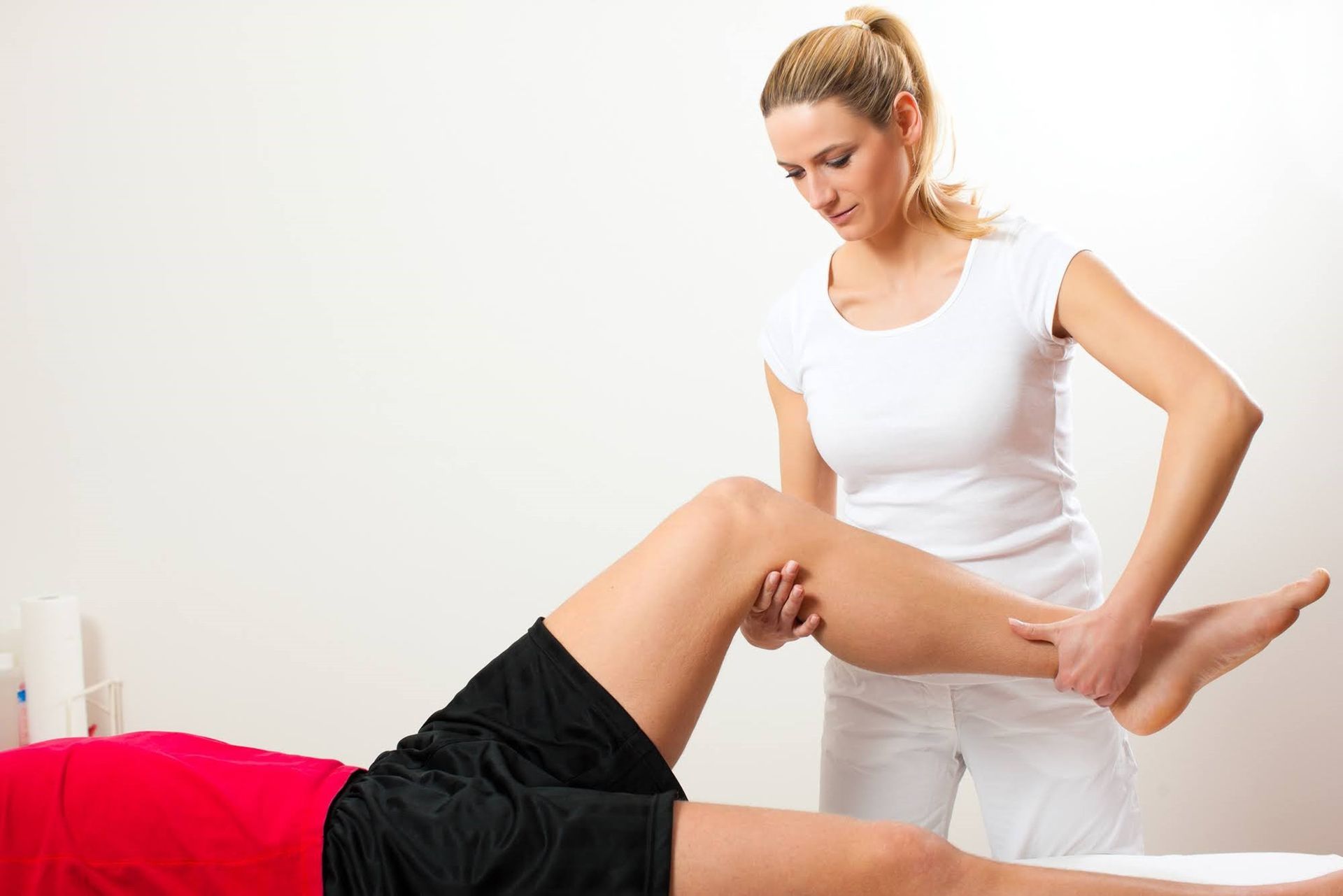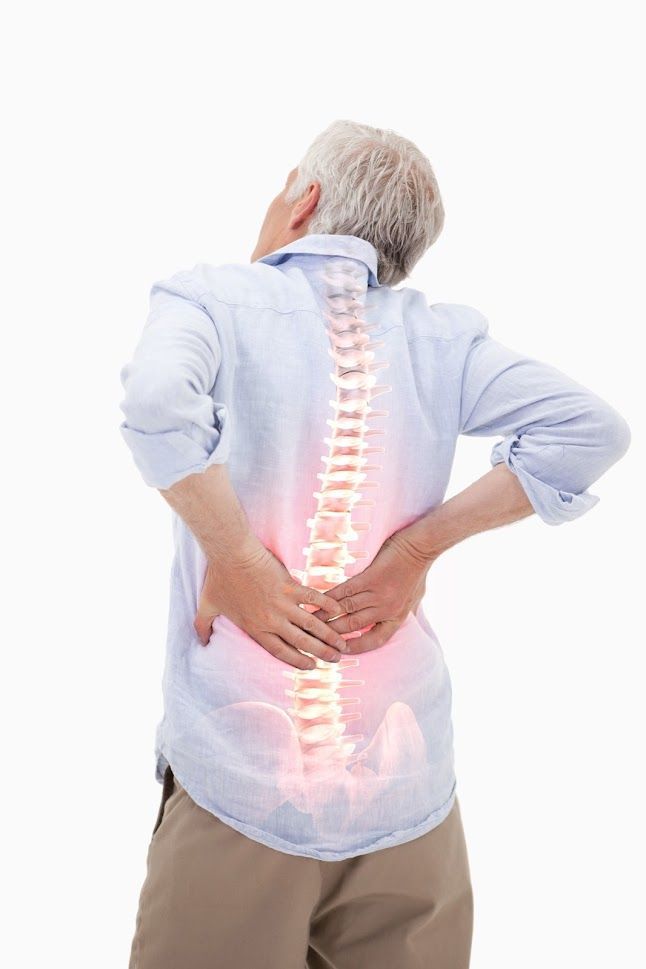Water And Sleep: 2 Essential Components for Better Muscle Health
When you were young, did adults stress the importance of protein for muscle growth and strength? Perhaps you saw a popular cartoon character promote the benefit of spinach on muscle strength. However, diet isn't the only aspect of your lifestyle that matters in terms of your muscle strength and resilience; sleep and hydration are important, too.
Get Enough Sleep
You can help your muscles with sleep, especially if you get an adequate amount of it each night.
How Sleep Helps
Firstly, when you sleep, your body releases a growth hormone necessary to produce a growth factor similar to insulin. Your muscles need this growth factor to break down protein into amino acids, which you need for muscle repair and new cell creation.
Additionally, while you sleep, more blood flows to your muscles. Ultimately, the increased blood flow ensures your muscles receive the necessary nutrients.
Thirdly, your body regulates cortisol, a stress hormone, as you sleep. If you sleep less than the recommended amount, your muscles may shrink because your body can't properly regulate this hormone that's known to prohibit muscle repair and recovery when it's at high amounts.
How Much Sleep You Need
Ultimately, you want to aim for between seven to nine hours of sleep each night for optimal health, as noted by the Mayo Clinic. If you partake in high-intensity workouts, you want to add an hour to how long you sleep so your muscles can recovery and repair adequately.
Keep in mind that if you sleep less than recommended, you can increase the amount of sleep you receive by two hours and see a benefit. The National Sleep Foundation stated that basketball players who slept two extra hours each night enhanced their speed and reaction time.
Stay Hydrated
You also need proper hydration for muscle strength and resilience. In fact, water is one of the most, if not the most, beneficial nutrients you can receive for your overall health.
How Water is Necessary
Overall, about 60 percent of your weight consists of water. Water comprises 90 percent or more of your brain and lungs. Additionally, water makes up about 82 percent of your blood. Various other organs need it as well and so do your muscles.
Your muscles require water for your blood to transport nutrients to them. Additionally, your muscles dispose of water through your bloodstream. Without enough water, your blood can't carry away this waste properly.
In addition, both protein and glycogen, two important substances for muscle health, use water to form.
You also need water for your muscles to move. When you experience dehydration, your muscles don't receive enough electrolytes. Therefore, you might suffer from muscle cramping.
The nerves that control your muscles need electrolytes and water as well. Without a proper balance of electrolytes and water, your muscle control suffers. You might also lose strength in your muscles.
Finally, water plays a role in muscle tone too, so if you suffer from dehydration, your muscles may not have the tone they could.
How Much Water Is Necessary
The Mayo Clinic states that, usually, about 20 percent of your water intake comes from the foods you consume. Therefore, most of your water intake comes from fluids, so you need to drink water every day.
As a general recommendation, you should receive 15.5 cups of fluid daily if you're a man. On the other hand, if you're a woman, you should receive 11.5 cups of water each day.
Water and sleep are necessary for your overall health but especially for your muscles. Whether you're someone who needs physical therapy or an avid exerciser who wants to prevent muscle injuries and enhance muscle strength, these elements of a healthy lifestyle can benefit you.
Schedule an appointment with Advanced Physical Therapy, serving Philadelphia, PA, and the general vicinity, if you recently sustained an injury or suffer from recurring pain.


















